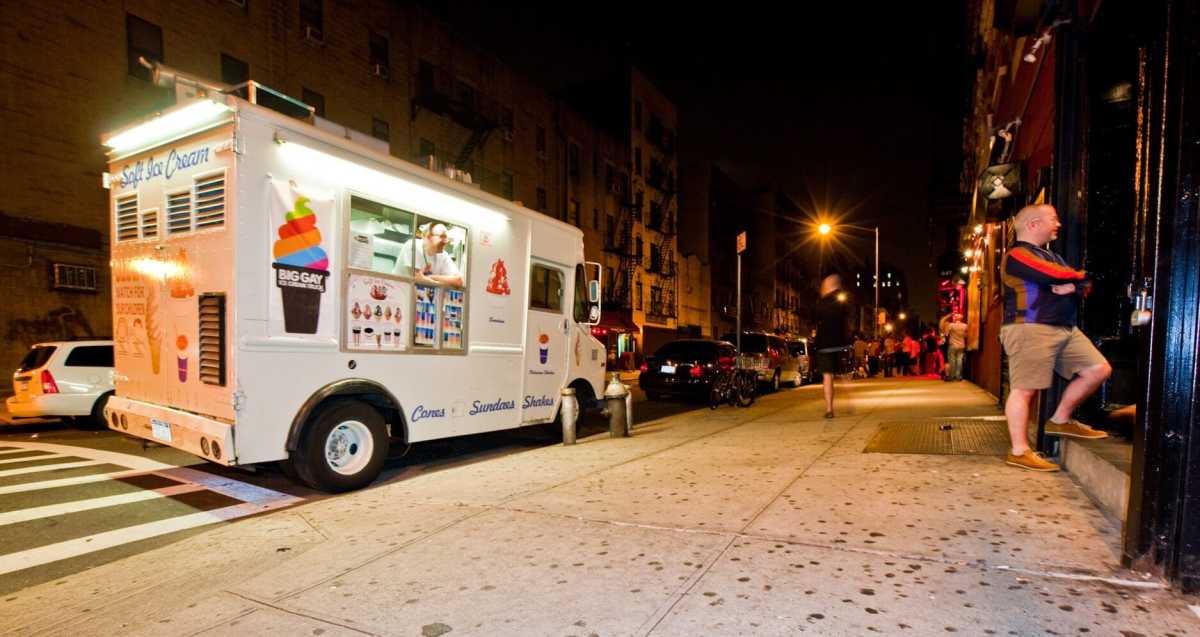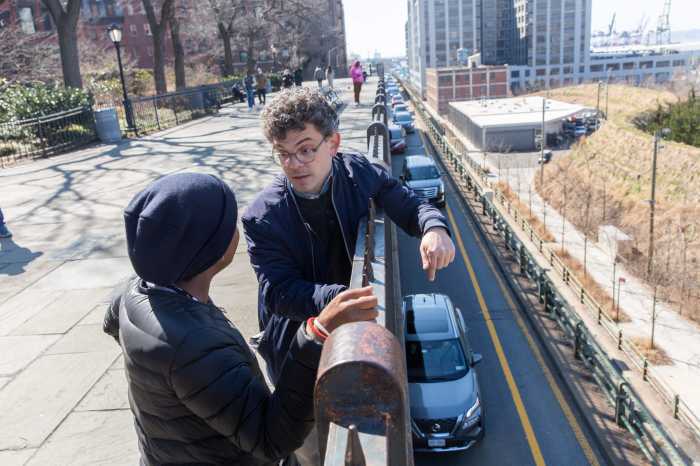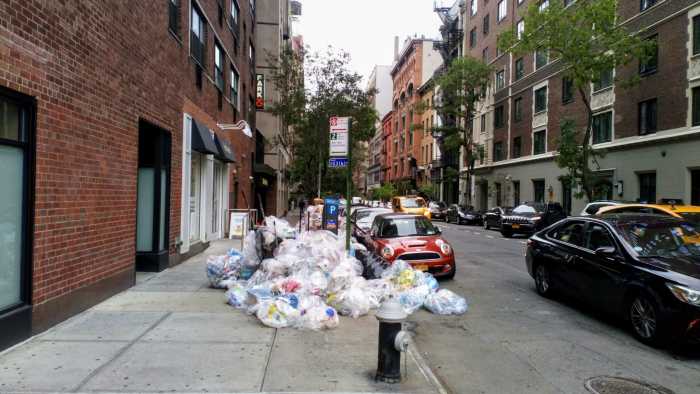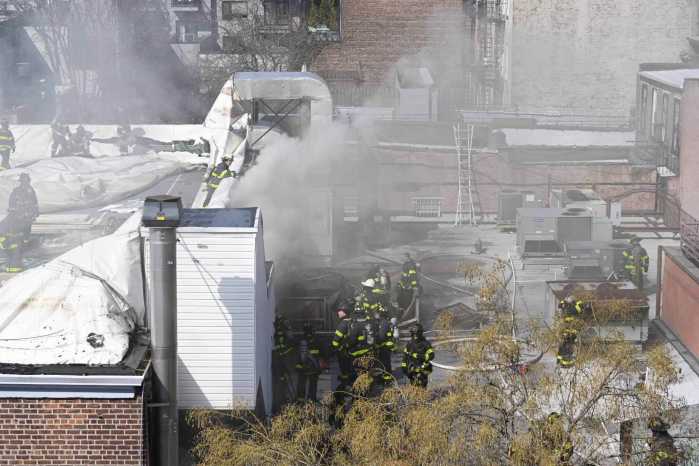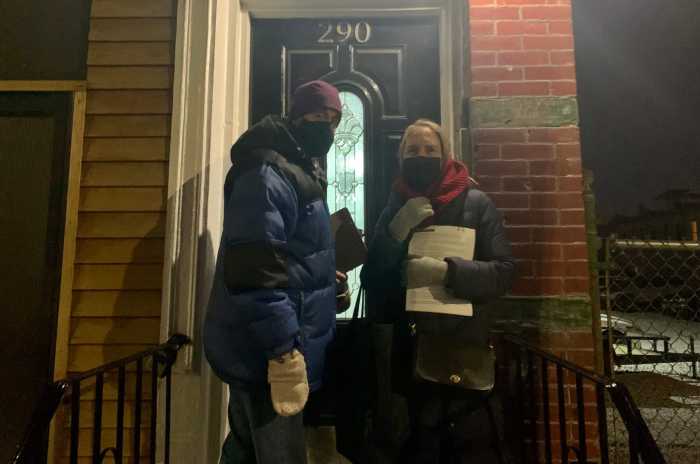City Council Member Lincoln Restler introduced new legislation last week which would ban ice cream trucks from using fossil fuel-powered generators in an effort to reduce air pollution.
Restler, who represents the 33rd city council district, said that the pollution stemming from one ice cream truck generator can create up to 165 pounds of carbon dioxide per day — the equivalent of burning 83 pounds of coal. As of 2017, over 200 ice cream trucks operated in the New York City area, emitting 33,000 pounds of CO2 daily.
The bill would force ice cream trucks to convert from using gas-powered generators to run their food equipment to solar panels — greatly reducing the amount of pollutants as well as the noise — over the next three years.
The emissions from ice cream trucks mostly impact residential areas where the trucks tend to operate, Restler said. He also claimed noise of the generators is a huge problem, as they regularly produce noise that regularly exceeds decibel levels significantly higher than what is considered safe.
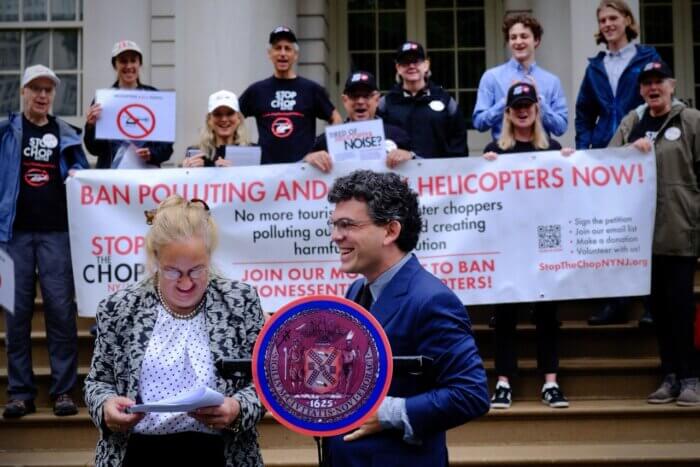
“Our office gets hundreds of calls about ice cream truck noise, and while they’re famous for their music, it’s the gas powered generators that most concern residents,” Restler said in a statement. “We have the technology at our disposal to electrify our ice cream trucks, and our three year timeline gives business owners enough time to make the responsible transition. I’m excited to see how they can serve as a model for electrifying mobile food truck vendors.”
Solar-powered generators currently on the market range from $3,000 to $5,000, but Restler said costs should decline as more and more businesses utilize solar power commercially.
As proposed, the legislation would only apply to ice cream trucks as they most frequently operate in residential areas — but Restler indicated that he is interested in expanding the law to apply to other food trucks, following the lead of states like California.
Following the news of Restler’s ice cream truck generator legislation, community leaders applauded what they hailed as a step in the right direction to address climate change.
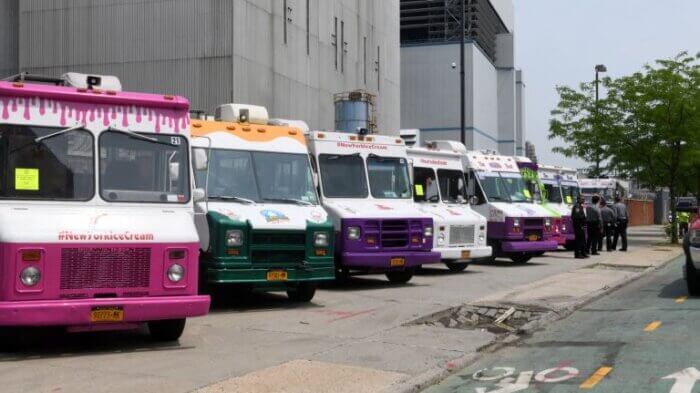
“If this year hasn’t made clear the deadly impact that burning fossil fuels has on our planet and our city, I don’t know what will,” said Lara Birnback, Executive Director of the Brooklyn Heights Association. “Ice cream trucks should spread joy and sweet summer vibes — not noise and air pollution. The BHA is grateful to Council Members Restler and Brewer for putting forth this bill to require that the ice cream trucks on our residential streets use clean energy to keep us cool and refreshed, while contributing to a quieter experience for all – both customers and truck operators.”
The DUMBO Action Committee, a non-profit dedicated to addressing concerns regarding traffic and safety in DUMBO also voiced support for the new legislation.
“The proliferation of ice cream vendors creates noise, pollution and major traffic issues in our neighborhood with no concern for the impact on the residents of DUMBO,” the committee said in a statement. “We hope the passage of this bill, along with stricter enforcement of existing traffic and vendor laws will help mitigate this ongoing issue.


